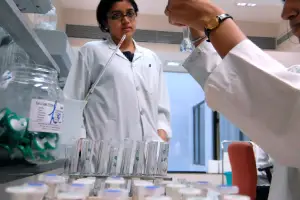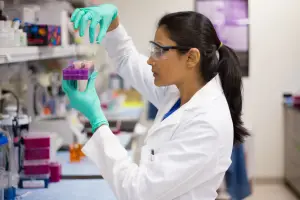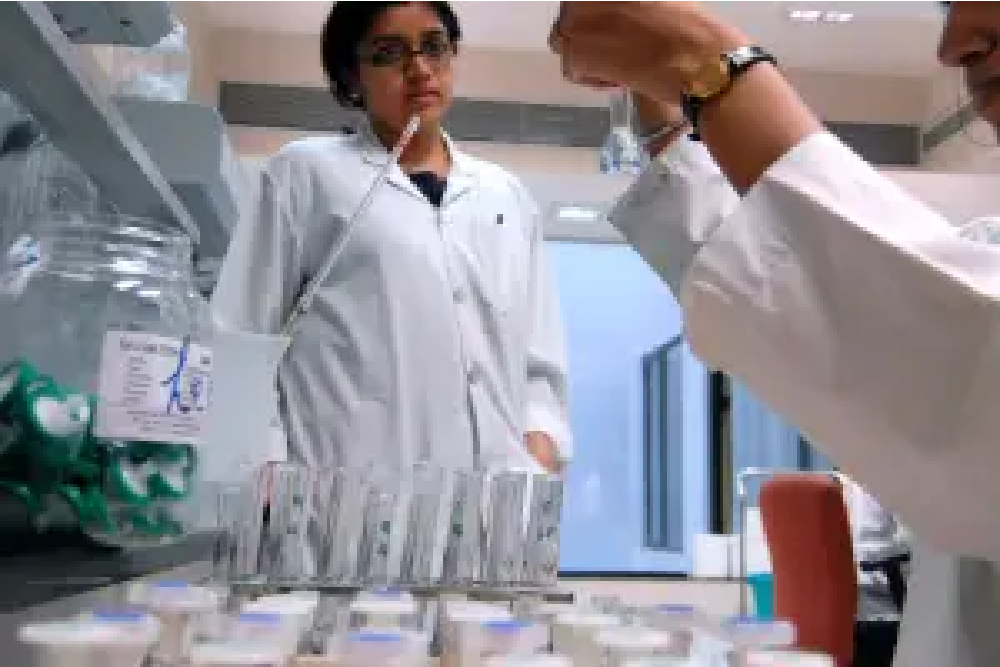


The Hospitality and Tourism course offers a comprehensive exploration of the thriving industry, providing students with the knowledge and skills necessary for success in areas such as hotel management, event planning, travel coordination, and customer service. Participants will delve into key concepts, industry trends, and practical applications, gaining insights into effective hospitality management and tourism strategies.

This program encompasses a diverse range of topics, from medical sciences and patient care to healthcare administration and public health. Delve into the intricacies of the Health and Medicine course, designed to provide a holistic perspective on the ever-evolving realm of healthcare. Participants will acquire a profound understanding of medical advancements, ethical considerations, and the crucial interplay between science and compassionate care.


This course provides a comprehensive understanding of the Earth’s ecosystems and the impact of human activities. Participants engage in hands-on experiments, ecological fieldwork, and data analysis, gaining the skills to address pressing environmental challenges. This course empowers individuals to become stewards of the planet, fostering a deep appreciation for environmental sustainability and inspiring proactive solutions for a healthier, more resilient world.

The Building and Architecture course typically encompasses the study of principles and practices related to designing, planning, and constructing structures. Students in this course explore various aspects of architecture, including architectural history, design theory, construction technology, and sustainable design. They learn to use architectural software and gain hands-on experience in creating blueprints, models, and plans.


This field encompasses a broad range of subjects related to legal principles, governance, and the application of laws in society. Students in Law and Legal Studies courses explore foundational legal concepts, including constitutional law, criminal law, contract law, and more. The curriculum often includes the study of legal reasoning, ethics, and the historical development of legal systems.


The curriculum typically covers a diverse range of subjects, including pharmaceutical sciences, pharmacology, medicinal chemistry, pharmaceutics, and clinical pharmacy. Students learn about drug interactions, dosage forms, drug delivery systems, and the development of pharmaceutical compounds. The course also includes the study of healthcare laws and ethics, patient counseling, and the role of pharmacists in healthcare settings.


Economics courses often encourage critical thinking, quantitative analysis, and an understanding of the societal implications of economic decisions. Graduates of economics programs may pursue careers in various sectors, including finance, consulting, government, non-profit organizations, and academia. The skills acquired in an economics course are valuable for making informed decisions and understanding the complex economic forces that shape societies.

Universal Migration is your expert overseas education consultant and a trusted partner in achieving your study abroad dreams. We are specialised in assisting students in securing admissions to top-tier universities in popular study abroad destinations around the world. Whichever domain you’re passionate about, be it healthcare, finance, environmental science or any other field, we offer a diverse range of courses to suit your interests and aspirations.

The business and management course will give you both practical and theoretical knowledge of different aspects of a

Get updated on the recent developments in technology and engineering through our comprehensive Engineering course.

The Hospitality and Tourism course offers a comprehensive exploration of the thriving industry, providing students

This program encompasses a diverse range of topics, from medical sciences and patient care to healthcare administration

Strategic journey into the dynamic world of Business and Finance with our comprehensive course. This program is meticulously designed

This course provides a comprehensive understanding of the Earth’s ecosystems and the impact of human activities.

The Building and Architecture course typically encompasses the study of principles and practices related to designing, planning

Fulfilling journey dedicated to social well-being and advocacy with our Welfare Studies and Services Program.

This field encompasses a broad range of subjects related to legal principles, governance.

Students in this course study the theories, practices, and technologies that shape how information is created, disseminated, and consumed in contemporary society.

The curriculum typically covers a diverse range of subjects, including pharmaceutical sciences, pharmacology, medicinal chemistry, pharmaceutics, and clinical pharmacy.

Students in a Chemistry course explore the fundamental principles of chemistry, including concepts such as chemical bonding, thermodynamics, kinetics

Economics courses often encourage critical thinking, quantitative analysis, and an understanding of the societal implications of economic decisions.

The goal is to provide students with a deep understanding of the underlying laws of nature and the ability to apply these principles to explain and predict the behavior
Browse answers to common questions about our visa and immigration services, designed to support you at every step. Our study abroad consultants are here to make your journey overseas smooth and stress-free. Explore the courses we offer to help you achieve your international education goals with confidence
We assist with a wide range of visas, including student visas, work visas, tourist visas, family and dependent visas, and business visas. Our team is well-versed in the visa requirements for various countries, ensuring a smooth and hassle-free application process for our clients.
The visa processing time varies depending on the type of visa and the country you’re applying to. On average, it can take anywhere from a few weeks to a couple of months. Our consultants will provide you with a clear timeline and guide you through the process to ensure you meet all deadlines and requirements.
Yes! We offer visa and immigration services for many countries worldwide, including popular destinations like Canada, Australia, New Zealand, the USA, and various European countries. Our experts specialize in the specific visa requirements and processes for each destination.
Even after your visa is approved, we continue to offer support. This includes pre-departure guidance, accommodation assistance, and helping you settle into your new country. Whether you’re traveling for study, work, or immigration purposes, we ensure that your transition is as smooth as possible.
Demand for the courses depends on the country you are flying to. However, on general data analysis, courses in fields like engineering, computer science, business and healthcare are often in high demand abroad.
The best subject to study abroad depends on your interests and career goals. However, STEM (Science, Technology, Engineering and Mathematics) fields are often in high demand.

We are officially recognised specialists in issuing all types of visas around the world.
© 2024 Universal Migration. All rights reserved. Privacy Policy | Terms of Service.